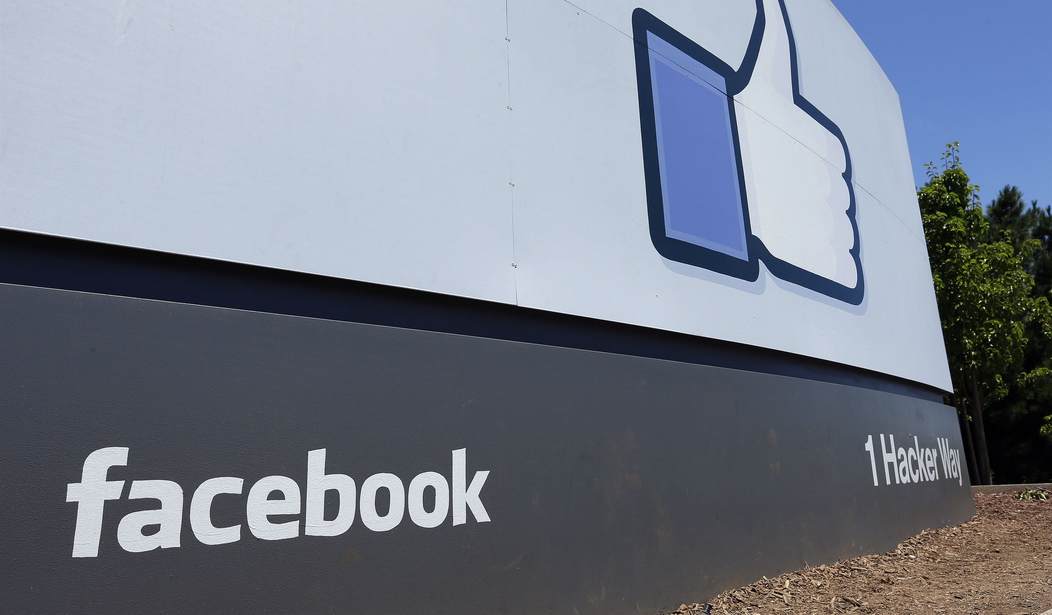There are some grim signals and muttering noises coming out of what was once the shining haven of the future, Silicon Valley/CyberWorld. It is very much looking like the tech version of Mr. Toad’s Wild Ride is over, perpetual Fantasy Land is being canceled, and a return to Earth is ordered for the high flyers who inhabited that once sacrosanct realm. Tech types on both sides of the equation – the firms and the venture capitalists who’ve been on firm buying and investment sprees – are finding out in the rudest way possible that cheap money is not forever.
At the beginning of the month, tech firms reporting results began to spook the markets, as the first real cracks in the once-thought-unassailable tech juggernaut started to appear.
With a slew of technology companies reporting financial results this week, all eyes are on how investors will respond after a series of recent disappointing results from the biggest names in tech—including Alphabet, Microsoft, Meta, and Amazon—rattled investors about the industry’s outlook.
As tech stocks continued to take a beating this week, Wall Street analysts warn that could be bad news for the broader economy, as lackluster earnings results likely signal that inflation and high interest rates are squeezing households and businesses more than expected.
…This quarter’s earnings season will go down in the history books “as one of Big Tech’s worst” and could be a “fork in the road moment” for some of the biggest companies, wrote Wedbush Securities analyst Dan Ives in a recent research note.
“In this softer macro and a recession likely on the doorstep, Big Tech management teams needs to quickly adjust to a much different backdrop or risks losing its luster for investors that have bet on these tech thoroughbreds for the past decade,” he said.
In their attempt to “quickly adjust” to that “much different backdrop,” many of the biggest tech firms have gone on a lay-off binge, from Amazon to Twitter to Meta, and so forth. Additionally, some have instituted cost-cutting measures for remaining employees on their campuses intended to relieve pressure on the bottom line. That in itself exposed just how much loose money was being blown through at any given moment (as witnessed in my story about Meta perks). Word coming out of the 2022 Web Summit Tech Conference, being held in Portugal this week, is that things are fixin’ to change, and change fast.
Once high-flying tech unicorns are now having their wings clipped as the era of easy money comes to an end.
…“What’s for sure is that the landscape of fundraising has changed,” Guillaume Pousaz, CEO of London-based payments software company Checkout.com, said in a panel moderated by CNBC.
Last year, a small team could share a PDF deck with investors and receive $6 million in seed funding “instantly, ” according to Pousaz — a clear sign of excess in venture dealmaking.
…Private tech company valuations are under immense pressure amid rising interest rates, high inflation and the prospect of a global economic downturn. The Fed and other central banks are raising rates and reversing pandemic-era monetary easing to stave off soaring inflation.
That’s led to a sharp pullback in high-growth tech stocks which has, in turn, impacted privately-held startups, which are raising money at reduced valuations in so-called “down rounds.” The likes of Stripe and Klarna have seen their valuations drop 28% and 85%, respectively, this year.
“What we’ve seen in the last few years was a cost of money that was 0,” Pousaz said. “That’s through history very rare. Now we have a cost of money that is high and going to keep going higher.”
…“I think every investor is trying to push this to their portfolio companies,” Tamas Kadar, CEO of fraud prevention startup Seon, told CNBC. “What they usually say is, if a company is not really growing, it’s stagnating, then try to optimize profitability, increase gross margin ratios and just try to just lengthen the runway.”
In other words, quit spending money you don’t have on perks and pipedreams (because no more funding dollars are coming in the door), and try to run your operation efficiently…like a business. There’s a concept.
The venture capitalists who finance these private tech firms have already shifted to talking but not investing/buying. Nobody wants to be seen as not “playing,” but, then again, no one wants to play incautiously in this environment.
Venture capital will soon be brimming with ghosts
…The tech industry loves generalizations — and don’t worry, I enjoy my fair share too — but as the downturn continues to play out, it’s increasingly important to think about the structural changes that may be forming in the venture capital landscape. Venture firms, unlike unicorns, often don’t have hundreds of employees to cut. Instead, venture firms cut costs in quieter ways.
At TechCrunch Disrupt last week, General Catalyst’s Niko Bonatsos said that venture firms have to go through natural selection cycles and that it will be “survival of the fittest.”
“It’s a very painful activity for anyone who has gone through that stuff,” Bonatsos said on stage with Coatue’s Caryn Marooney. He talked about how the hundreds of new VC firms will either decide to merge with each other to “build a more enduring franchise,” saying some will leave the VC profession and others will lose senior partners to retirement and have tp figure out what the future of their firms will look like.
…Marooney, a GP at Coatue, says that firms “have to earn the right” to survive. “There was the path where you did some investments and made money. It’s like, no, you’ve got to earn the right and not everybody is going to earn that right … and I think that is healthy,” the investor said.
…I’ll end with a term we’ve been dancing around all through the intro, which is “quiet quitting.” Bloomberg Beta investor Roy E. Bahat posted a thread describing how seasoned venture capitalists may be quietly going into “easy mode,” aka, becoming a less active, minimum viable player of the team….
According to tech leaders gathered at the Web Summit, the prognosis for the immediate future is pretty bleak, especially for these privately held tech firms, or “unicorns” as they’re known, unless they can quickly shift their operating model. Stave off disaster, if you will..
…Venture deal activity has been declining, according to Kadar. VCs have “hired so many people,” he said, but many of them are “out there just talking and not really investing as much as they did before.”
Not all companies will make it through the looming economic crisis — some will fail, according to Par-Jorgen Parson, partner at VC firm Northzone.
“We will see spectacular failures” of some highly valued unicorn companies in the months ahead, he told CNBC.
All those app developers who got funded…
…As a result, apps promising grocery delivery in under 30 minutes and fintech services letting consumers buy items with no upfront costs and virtually anything to do with crypto attracted hundreds of millions of dollars at multibillion-dollar valuations.
…now have to make them pay off. The “or else?”
…“I do expect a certain number of late stage companies basically disappearing.”
Is “buh-bye.”
People who are squawking about being “starved” by Elon need a reality check.
He fired 3/4 of the employees. Now he’s planning to starve the rest of them. He’s failure incarnate. pic.twitter.com/elL8N3D2CB
— Andrew Wortman (@AmoneyResists) November 12, 2022
Where this is all headed, you should be delighted you still have that J.O.B.









Join the conversation as a VIP Member